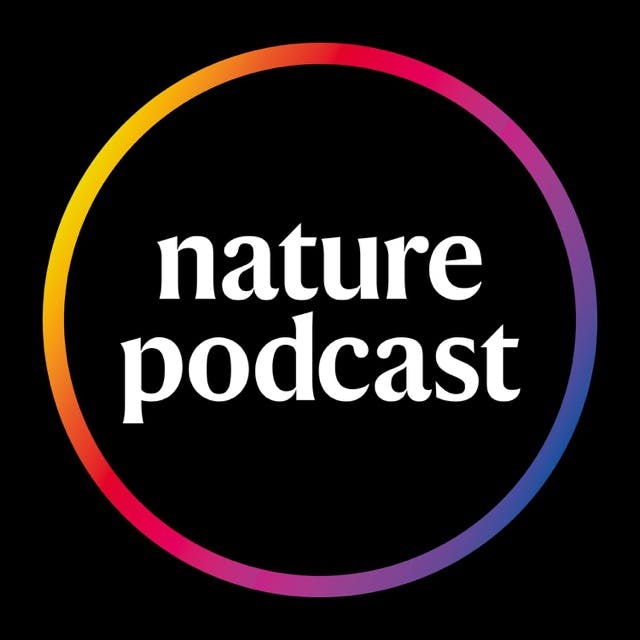How gliding marsupials got their 'wings'
Nature+Amazon WarehousePortable ClocksOptical ClocksGPS Accuracy
This episode covers a range of topics including Nature+ and Amazon Warehouse, portable clocks and optical clocks, optical clocks and GPS accuracy, atomic clocks on the moon, ritual burning at a Maya site, Tau-Neutrinos from outer space, marsupial gliding membrane, algorithm grocking and generalization, and the discovery of Goldine. The insights include the importance of optical clocks for accurate timekeeping, the potential impact on GPS accuracy, the genetic regulation of marsupial gliding membranes, the shift from memorizing to generalizing in algorithms, and the accidental discovery of a thin layer of gold.

